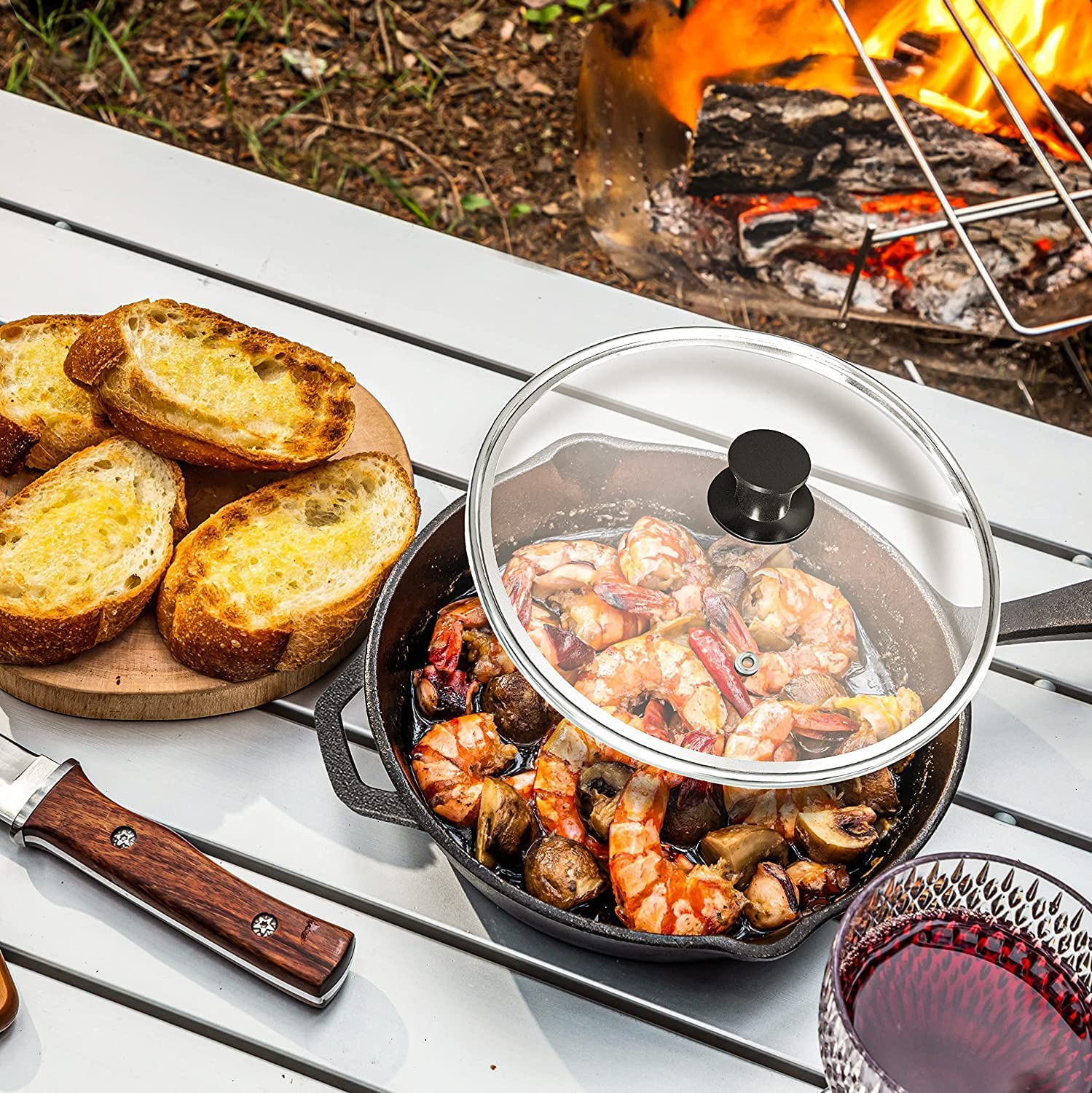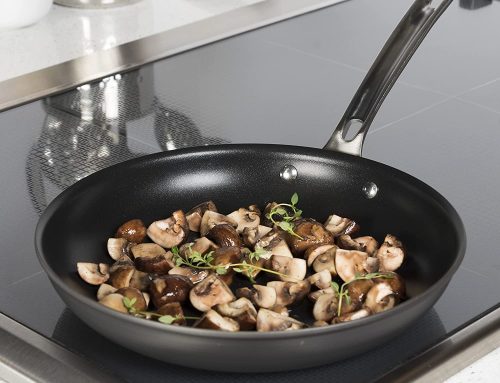Types of Cookware Materials
Cookware materials can greatly impact the outcome of cooking, with some materials being better suited for certain tasks than others. There are several common materials used in cookware today, including cast iron, stainless steel, aluminum, copper, and non-stick coatings. Understanding the pros and cons of each material can help you choose the best cookware for your needs.
- Stainless Steel – Durable, resistant to rust and stains, easy to clean, poor heat conductivity.
- Cast Iron – Retains heat well, can be used for stove-to-oven cooking, requires seasoning, heavy.
- Non-Stick – Easy to clean, food doesn’t stick, prone to scratches and chipping, not safe for high heat.
- Aluminum – Lightweight, good heat conductivity, can react with acidic foods, can scratch or dent.
- Copper – Excellent heat conductivity, expensive, requires maintenance to prevent discoloration, reacts with acidic foods.
- Ceramic – Non-toxic, easy to clean, good for low-fat cooking, can crack or scratch easily, poor heat conductivity.
- Glass – Non-reactive, oven-safe, easy to clean, fragile.
- Carbon Steel – Lightweight, good heat conductivity, requires seasoning, prone to rust.
Cookware materials can greatly impact the outcome of cooking, with some materials being better suited for certain tasks than others. There are several common materials used in cookware today, including cast iron, stainless steel, aluminum, copper, and non-stick coatings. Understanding the pros and cons of each material can help you choose the best cookware for your needs.
Cast Iron
Cast iron cookware is heavy and durable, making it ideal for high-heat cooking methods such as searing and baking. It also offers good heat retention and distribution, making it a popular choice for slow-cooking dishes. Cast iron can be seasoned to create a natural non-stick surface and can also be used on all cooktops, including induction. However, it is important to avoid washing cast iron with soap as it can remove the seasoning, and it can also be prone to rust if not dried thoroughly after washing.

Pros:
- Durable and long-lasting
- Good heat retention and distribution
- Can be seasoned for a natural non-stick surface
- Can be used on all cooktops
Cons:
- Heavy and difficult to handle
- Can rust if not dried thoroughly after washing
- Should not be washed with soap
Read another article about Cast-Iron Frying Pan Recommendation
Stainless Steel
Stainless steel cookware is popular for its durability, versatility, and resistance to rust and staining. It offers good heat distribution and is a good choice for high-heat cooking methods, although it is not as efficient at heat retention as cast iron or aluminum. It is also compatible with all cooktops, including induction.

Pros:
- Durable and resistant to rust and staining
- Good heat distribution
- Compatible with all cooktops
Cons:
- Not as efficient at heat retention as other materials
- Can be prone to hot spots
Read another article about The Best Stainless Steel Cookware
Aluminum
Types of Cookware Materials like aluminum cookware is lightweight and offers excellent heat conductivity, making it a popular choice for everyday cooking. It is also affordable and widely available. However, it can react with acidic foods, leading to a metallic taste, and it is also not as durable as other materials. Some aluminum cookware is also coated with non-stick coatings to prevent this reaction and enhance its non-stick properties.

Pros:
- Lightweight and good heat conductivity
- Affordable and widely available
- Some aluminum cookware is coated with non-stick coatings
Cons:
- Can react with acidic foods
- Not as durable as other materials
- Non-stick coatings can wear off over time
Read another article about How to clean aluminum and ceramic pans
Copper
Copper cookware is highly conductive and offers excellent heat control, making it a popular choice among professional chefs. It is also a good choice for high-heat cooking methods, as it heats up quickly and evenly. However, copper cookware can be expensive and prone to discoloration and warping. It also requires regular polishing to maintain its appearance.
Pros:
- Highly conductive and excellent heat control
- Heats up quickly and evenly
Cons:
- Expensive
- Prone to discoloration and warping
- Requires regular polishing to maintain the appearance
Read another article about the Best Copper Kitchen Cookware Sets
Non-Stick Coatings
Non-stick cookware is coated with a layer of material, such as Teflon, that prevents food from sticking to the surface. It is a popular choice for low-fat cooking, as it allows for the use of less oil or butter. Non-stick cookware is also easy to clean and can be used on all cooktops, including induction. However, the non-stick coating can wear off over time, and it is not as durable as other materials.








